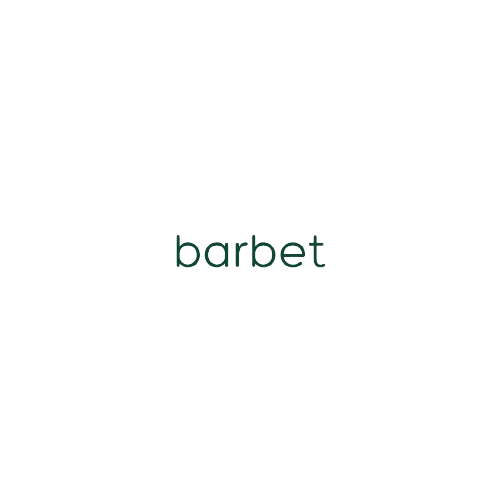If you’ve ever been to an Ethiopian home, you know that the smell of freshly roasted coffee beans and the swirl of Etan in the air means only one thing: it’s Buna time.
The Buna ceremony is a moment to pause, to gather, to share stories and most importantly, laugh. The most memorable laughters are shared when gathered around the rokobot, in my opinion.
Growing up, Buna was brewed in our house three or four times a day. Midnight or midday, if the energy felt off or someone needed a reset, you could count on the rokobot coming out. And that shocks many people but we knew when we get that call from mom saying “እየመጣሁኝ ነው ቡና አቀራርቡ", it was time to come out of our corners and gather እታች ቤት.
My mom always said there was something comforting about the ceremony. The smell of roasting beans, the warmth of the Jebena, the quiet pause it created in the day. And she was right. It brought a sense of peace, comfort, and togetherness that still stays with me. From the moment the beans hit the mankeshkesha, to the final pour of the last round, the process is slow, intentional, and full of meaning. And yes, there are three rounds of coffee, each with its own name and significance.
Abol: The First Round
This is the strongest and most flavorful cup. It’s the first brew, made from freshly roasted and ground beans. Abol is the welcome cup, the one that opens the door to conversation. It’s bold, rich, and sets the tone for the gathering.
Tona: The Second Round
After the first round, the same grounds are brewed again for Tona. It’s a bit milder than Abol, but still rich and full of flavor, and honestly, my favorite. There’s something about it that feels just right, like the perfect middle ground.
This is also the round where the conversation usually deepens. It’s where the heart of the gathering really comes alive.
Baraka: The Third Round
The final round, Baraka, means “blessing.” It’s the lightest of the three, but the most meaningful. It symbolizes peace, gratitude, and goodwill. Sharing Baraka is like sealing the moment with a quiet, heartfelt “thank you.”
In my family, the Buna ceremony was a daily ritual that brought us together. Whether it was a quiet morning with my mom or a house full of guests, Buna always meant togetherness.

